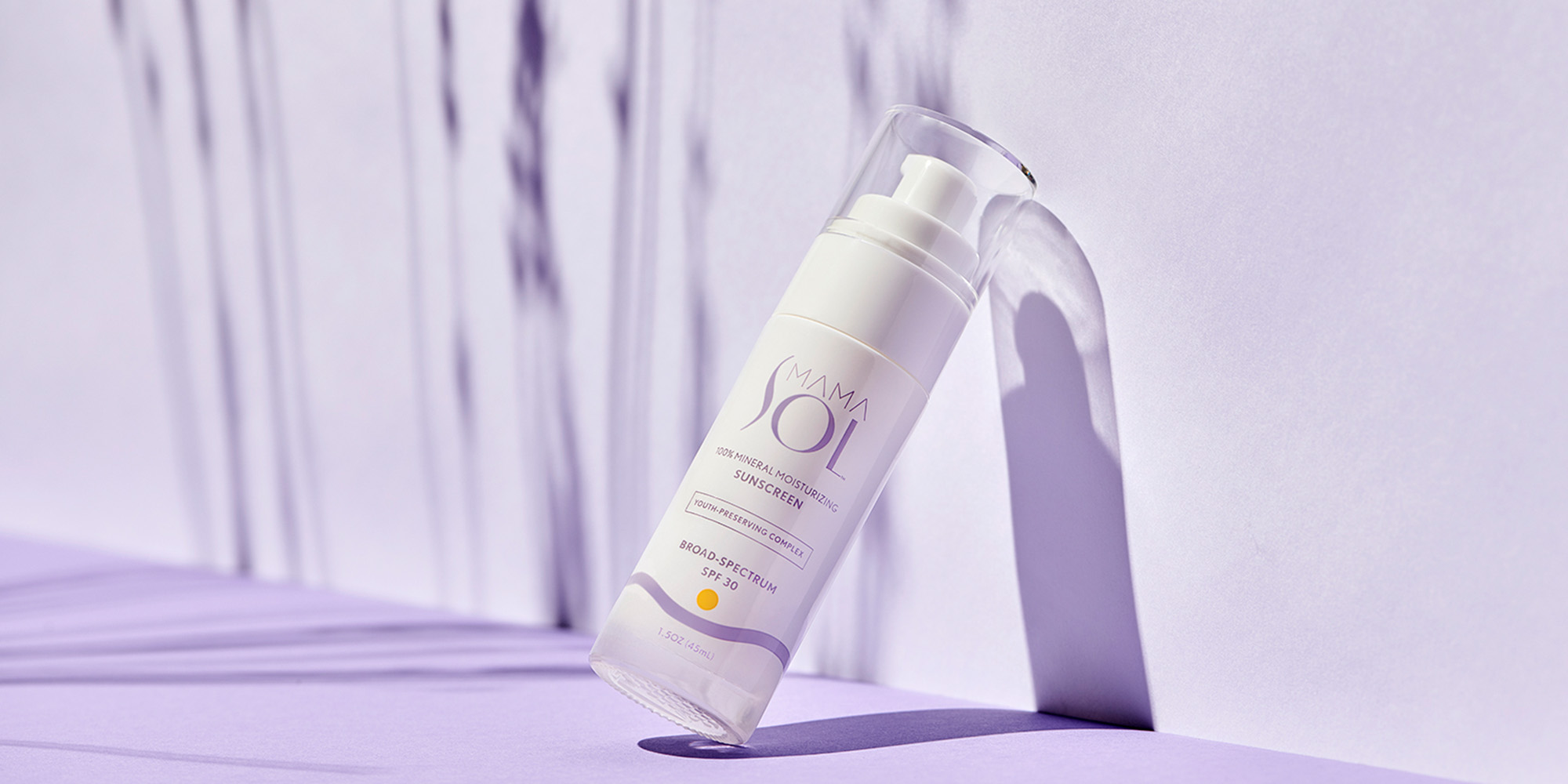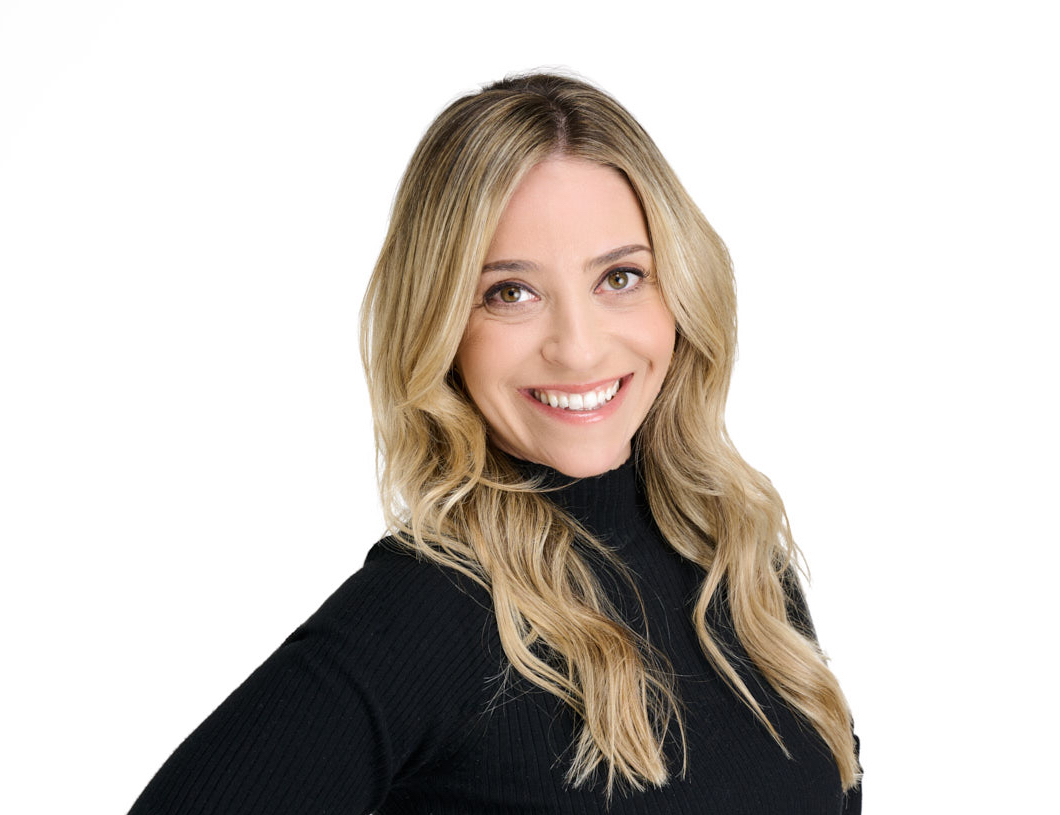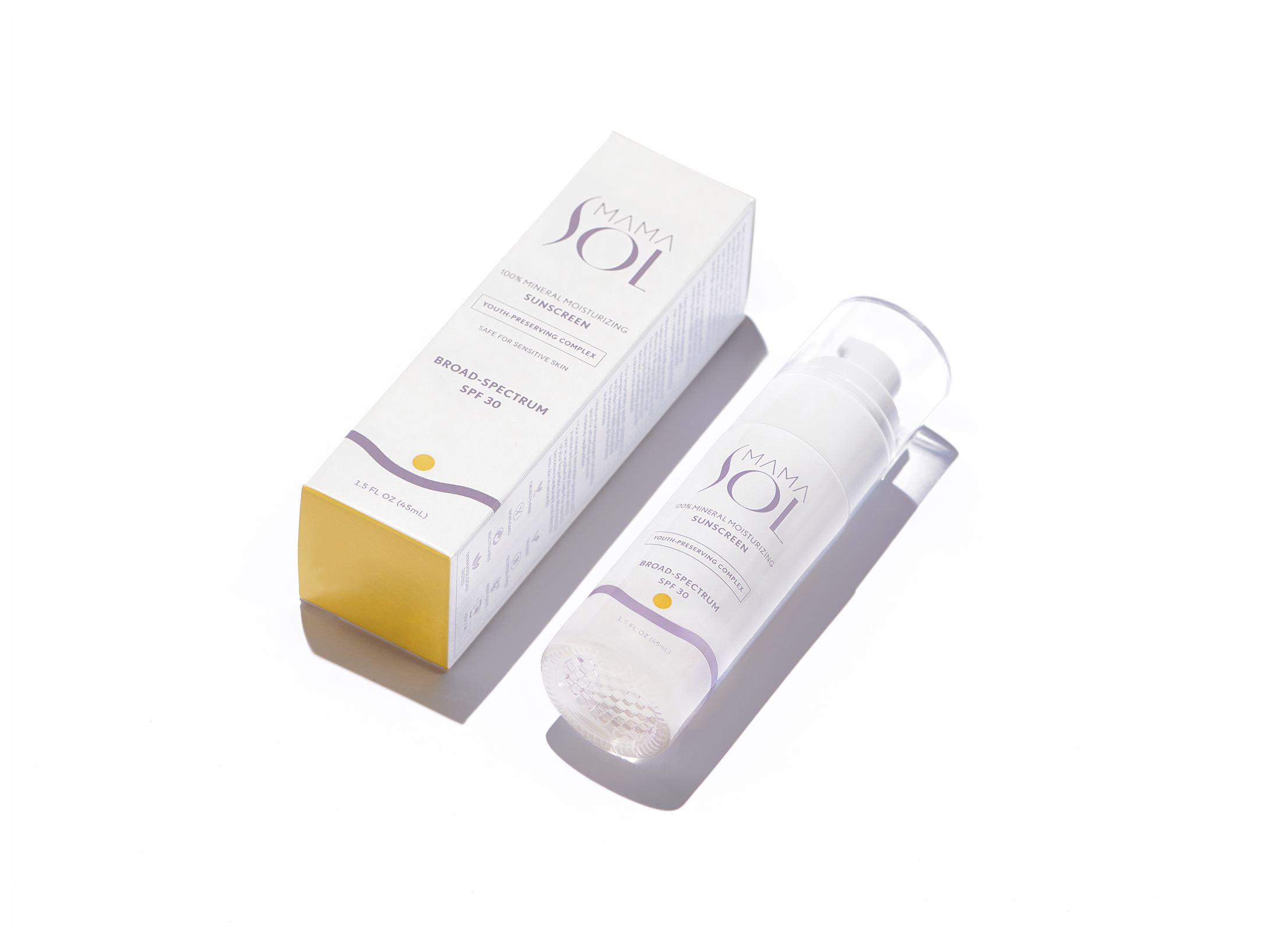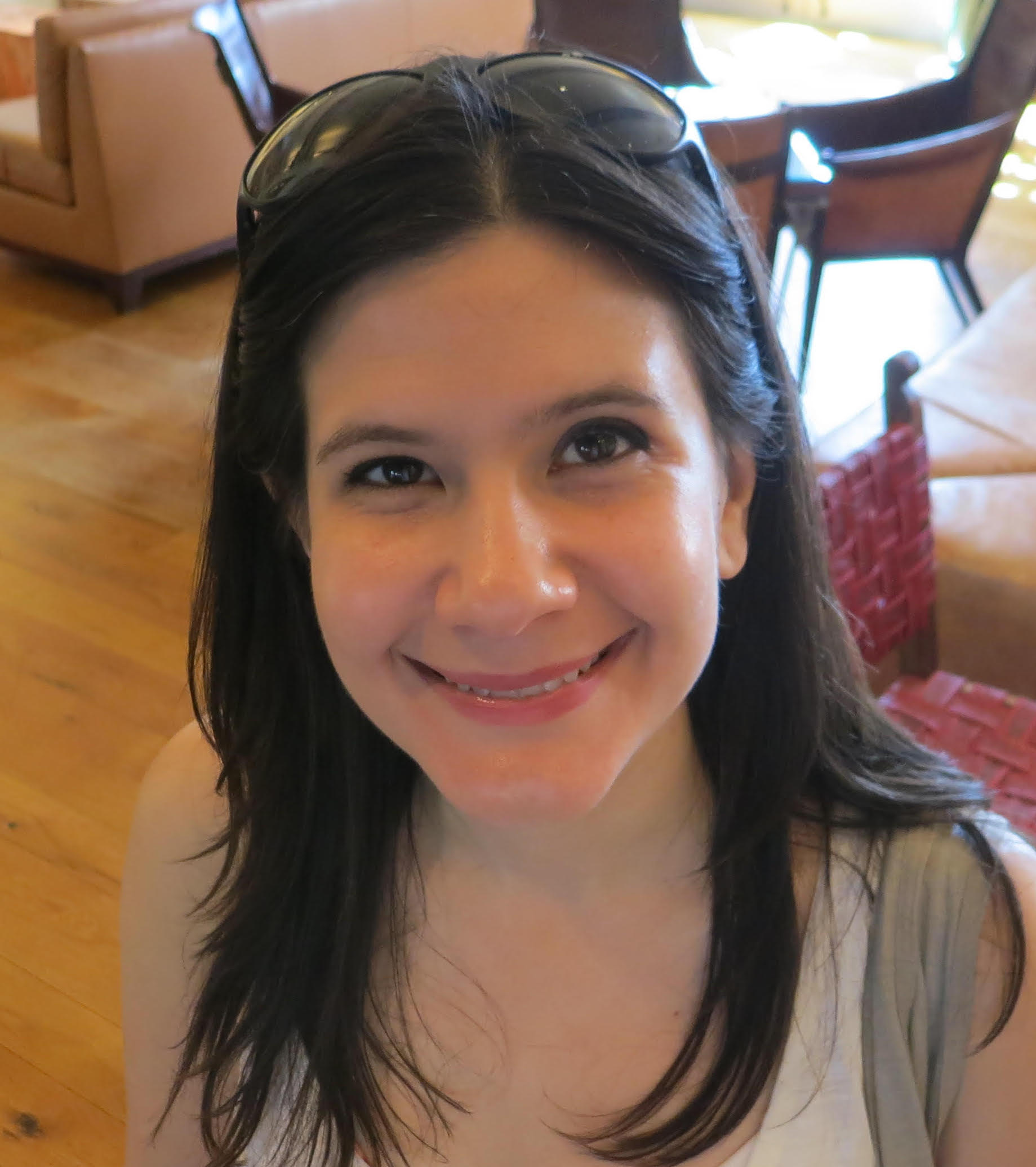
Led By Two Working Moms, This New Brand Is Out To Make Mineral Sunscreen A Luxurious Self-Care Treat
When Mama Sol co-founder and CEO Arielle Moody was preparing to become a mother in 2017, a Google search sent her into a mild panic. “I was researching ingredients to avoid while I was pregnant or nursing, and oxybenzone was at the top of the list,” she recounts.
Since the compound is commonly found in chemical sunscreens, Moody went hunting for alternatives to protect her skin. While studies haven’t linked oxybenzone to negative human outcomes such as endocrine disruption the United States Food and Drug Administration, which encourages regular sunscreen application, has called for further analysis of this ingredient and others in SPF products to ensure safety.
“At the time, mineral sunscreen was not as prevalent as it was today,” says Moody. “I tested dozens and could not find one that I liked. At that point, I had been in the beauty industry for 15 years. I’d done everything from selling on the sales floor to heading up product development to being in charge of packaging and formula.”
Moody’s professional experience situated her to create her white whale: A three-in-one mineral sunscreen with sun protection, makeup priming capabilities and moisturization that met her exacting specs for packaging and formulation. She set about writing a 50-page business plan to bring it to life.

A rarity in sunscreen, a glass bottle was an important luxurious, eco-minded element. “I believe that any time we can use less plastic, it’s a good thing,” says Moody, adding, “I wanted the sunscreen to be something that could sit on the bathroom counter. People forget to use their sunscreen. But if it’s beautiful and it’s sitting on your counter, it’s going to become part of your everyday routine.”
Finding a glass bottle for the product wasn’t hard, but perfecting the SPF 30 formula with 15% zinc oxide inside it was. The main issue for Moody was nailing its lavender scent. Moody says: “When it smells like sunscreen, it doesn’t feel luxurious. I felt like if I can get this to smell like the spa, then we’ll have a winner. Women will take a deep breath when they’re putting this on, and they’ll feel like [sunscreen application] is a mindful moment in the morning that helps them start their day.”
For Mama Sol’s debut sunscreen, Moody intentionally avoided creating a tinted formula. “Most people don’t put on enough tinted sunscreen because they’re also putting on a lot of makeup,” she says. “So, they just use a little bit of sunscreen, and they don’t get the amount of protection that the bottle says they’re getting. We wanted our first product to be a pure white mineral sunscreen that blends in seamlessly, but goes on white so you don’t miss a spot.”
Other specs were a weightless formula that didn’t irritate sensitive skin. Mama Sol’s $44 sunscreen is also silicone-free. Moody says, “Silicone suspends zinc and helps prevent separation, so to be able to formulate without silicones is a feat in itself. There are only a handful of brands out there that have done that.”
“Women will take a deep breath when they’re putting this on.”
Mama Sol launched in June, but it was originally slated to launch in 2020—shortly after Tahlia Disisto came on board as COO and co-founder. Moody connected with her through a mutual contact in the networking group HeyMama. “We met and for me, it was love at first sight,” says Moody. “I had been interviewing so many people, and Tahlia fit the bill to a T. She has 10 years of background running customer service logistics and operations for e-commerce fashion and retail brands.”
As CEO, Moody heads product development and strategic partnerships. Disisto is in charge of operations, order management and customer service; she also built the brand’s tech stack. Moody’s mother, Sheri Rowen, an ophthalmologist and cosmetic laser surgeon, advises the team on breaking into doctors’ offices and leads its clinical studies.
Mama Sol is focusing on e-commerce sales via its own website and on clean beauty platform Treesy; eventually, it will be available on Amazon. But Moody brought on a director of retail to facilitate entrances into national retailers, spas, salons and boutiques, too. “We wanted to prove ourselves in a direct-to-consumer model,” says Moody. “Once we prove the concept, which I think we have at this point, we are going to roll it out to other distribution channels.”
The decision to sell on Amazon is based on customers’ shopping habits. “As a mom, I go to Amazon for everything,” says Moody. “It’s the convenience factor. If I can make it easier for someone to purchase Mama Sol by doing that one-click on Amazon, that makes so much sense for us. Our target demographic is women and moms, and where do they shop? They’re going on Amazon.”

Self-funded Mama Sol has two upcoming lip and body products in its pipeline. Moody declined to discuss its cost to launch or projected sales.
Moody is thrilled to be guiding a brand in the sunscreen arena. “I was maybe 16 years old when I said to my mom, ‘I’m going to start my own business,’” she says. “Since a very young age, I’ve felt like this is my calling. I didn’t know exactly what category in the beauty industry it would be, but I’m so glad I ended up here. It’s not a blush or an eyeshadow, it’s protecting you from cancer. It feels very profound to be launching a sunscreen.”
It doesn’t hurt that the sun care category is on the rise. Per the forecasting firm Expert Market Research, the global mineral sunscreen market was valued at $1.27 billion in 2022 and is projected to advance at a compound annual growth rate of 5% between 2023 and 2028.
“Mineral sunscreen is the hottest category to get into right now. I think that’s largely because modern formulas are being so much more inclusive of different skin tones and skin types, and that dreaded white cast isn’t so much of a problem anymore,” she says. “I also think there’s much more education out there about chemical versus mineral, and the consumer is making more informed decisions on what’s best for them.”





Leave a Reply
You must be logged in to post a comment.